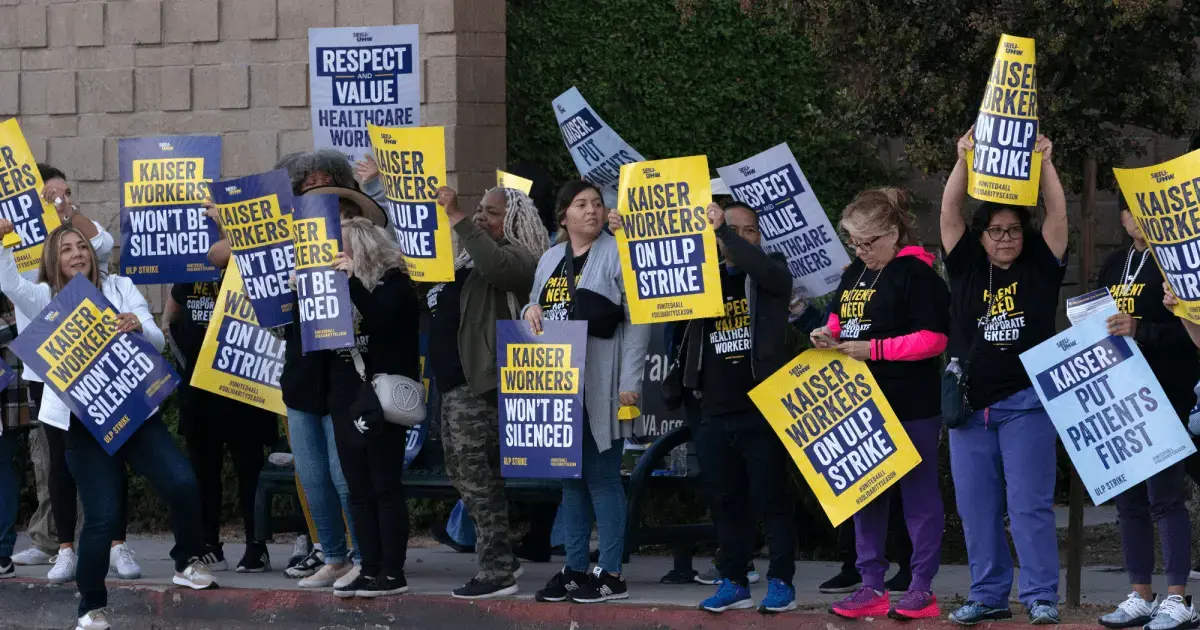- 8 Posts
- 51 Comments

 13·22 days ago
13·22 days agoNo time is universal because time moves at different speeds under different gravity. The point of this initiative is to be able to accurately measure time in the moon’s lower gravity.

 3·3 months ago
3·3 months agoYeah calling a woman a bitch just oozes extra sexism that calling a man that doesn’t. That’s definitely in slur territory as far as I am concerned.

 11·3 months ago
11·3 months agoI saw a headline today about Trump (in private) calling Kamala Harris a bitch and someone referred to it as a slur (presumably against women). Since there’s not an exact equivalent for men, but bastard is usually the “equivalent” male-aimed curse word, I was wondering when we would see someone on beehaw arguing that “bastard” is a slur, but against the children of unmarried parents.
Bastard is only a slur against a person born to unmarried parents if being born to unmarried parents is considered wrong. In older times, this WAS seen as wrong, because sex outside of marriage, and raising a child outside of a traditional family unit, was seen as wrong.
Bastard lost its ‘slur’ edge a long time ago. Trying to call it a slur is assigning “wrongness” to the state of being born to unmarried parents.
Words change meaning over time. Calling someone “queer” used to be an insult (now it can be used as hate speech but I can also say “Oh my friend Lucy? She’s queer.” without it being hateful). For that matter, queer didn’t always have sexual implications (it meant weird) — I feel like trying to call bastard a slur is the same as trying to say “queer” is a slur against the neurodivergent.

 2·3 months ago
2·3 months agoYou cut off the second part of that sentence. The scam isn’t doing the work from a different location, the scam is that they’re using the money to fund North Korea. This isn’t “Kim gets a job online” it’s “Kim is a state actor that is a security risk at any moment and meanwhile causing KnowBe4 to send money to a sanctioned country.”
He really did chew the scenery in the best way. It seemed like he was having a ton of fun.
He was so good! He really sold the goblin energy of his character
Edit: okay, goblin isn’t fair. Being caught between two juggernauts who absolutely don’t give a shit about you, both demanding your loyalty… and all he wants to do is have some agency of his own. It’s a great performance.
Shōgun was amazing, I’m glad it’s gotten so many noms

 26·4 months ago
26·4 months agoThe register providing contrast to the AWS infrastructure build out:
The Register is aware of government agencies building on-prem private clouds – sometimes on open source platforms – so they can scour code to soothe their security worries.
That’s just a local data center, guys. Like how everything was done before “the cloud” became a buzzword.
This entire situation has been bothering me for nearly 24 hours now and I think this is the best summary I’ve read of why the concept is bothering me so much.
Correct spelling of a name is also very different than spelling of generic pronouns.
As the writer has stated, the writer views any pronouns that are not capitalized as misgendering them, and stated the pronouns were chosen specifically to reflect the writer’s self-identified divine status as “goddess gender” (a term that, as far as I can tell, only exists on one wiki and the writer’s blog).
The choice of capitalized pronouns was specifically chosen to imitate reverential capitalization, indicating divine status. As part of the writer’s argument, this is intended to put the writer on the same level as the Abrahamic God. The writer also states in the article that “by affirming trans capitalised pronoun users, generally you are dismantling monotheistic oppression,” which is a wild claim that I cannot agree with. The use of capitalized pronouns is therefore intended to strip the other party of their beliefs, either as a monotheist or atheist (as using reverential pronouns would also affirm a polytheist worldview that they disagree with).
I cannot use any pronouns that do not acknowledge the writer’s claimed divine status without the writer claiming I am misgendering them. This is the most respectful way I can refer to the writer without acknowledging divine status or actively misgendering the writer.
I am more than happy to use whichever (lowercase and grammatically correct) pronouns are requested, as I am more than happy to refer to you as they/them, (which is also the default I try to use, though I understand some people are frustrated with they/them as it can strip a chosen gender identity).
Divine status is not a gender identity. Words mean things, and language can evolve, but this is specifically appropriating a style of writing while disparaging the source of that style.
The writer has stated in other comments that the writer is non-binary, which is the closest I can get to an answer to the question, but the actual answer to this question doesn’t matter. We can apply gender identity to humans and non-humans (e.g. animals, fictional aliens, heck even ships) but divinity is not a gender, it’s a supernatural or spiritual status.
People are free to identify as whatever gender (or non-gender) they so choose but by telling me “you must accept that I am divine,” we’re having an entirely different discussion. By requesting capitalized pronouns, the writer is also requesting their spiritual beliefs to be affirmed, which is implicitly (and apparently intentionally) forcing the other party to change their spiritual beliefs.
But the form in which the writer affirms the writer’s divine identity (again, not gender) is using reverential capitalization, a form of worship. If the writer said “I am a kami and use ke/ker pronouns” there wouldn’t be a worship aspect (though again, identity as a divinity or other non-human is not a gender).
So, wait, just to be clear: the writer is claiming that the writer’s gender is not a gender but instead that the writer has some divine status?
M/F/NB/genderqueer/etc aside, human vs divine is not a gender question and this is no longer a discussion about pronouns showing respect and affirmation of gender identity, this is literally a demand for worship.

 39·5 months ago
39·5 months agoCiting an internal investigation, the Chinese ByteDance-owned app said its systems correctly identified the breach, but the ads were approved due to “human error” by a moderator.
This makes it so much worse. If it were “our algorithms didn’t catch it” that’d be one thing, but “our algorithms caught it but we ran them anyway” reeks of malice.
Fan wikis are usually good for this sort of thing. Is this what you’re looking for?

 42·6 months ago
42·6 months agoThe least terrible option is not invading…








Yeah they really didn’t think through time zones there…